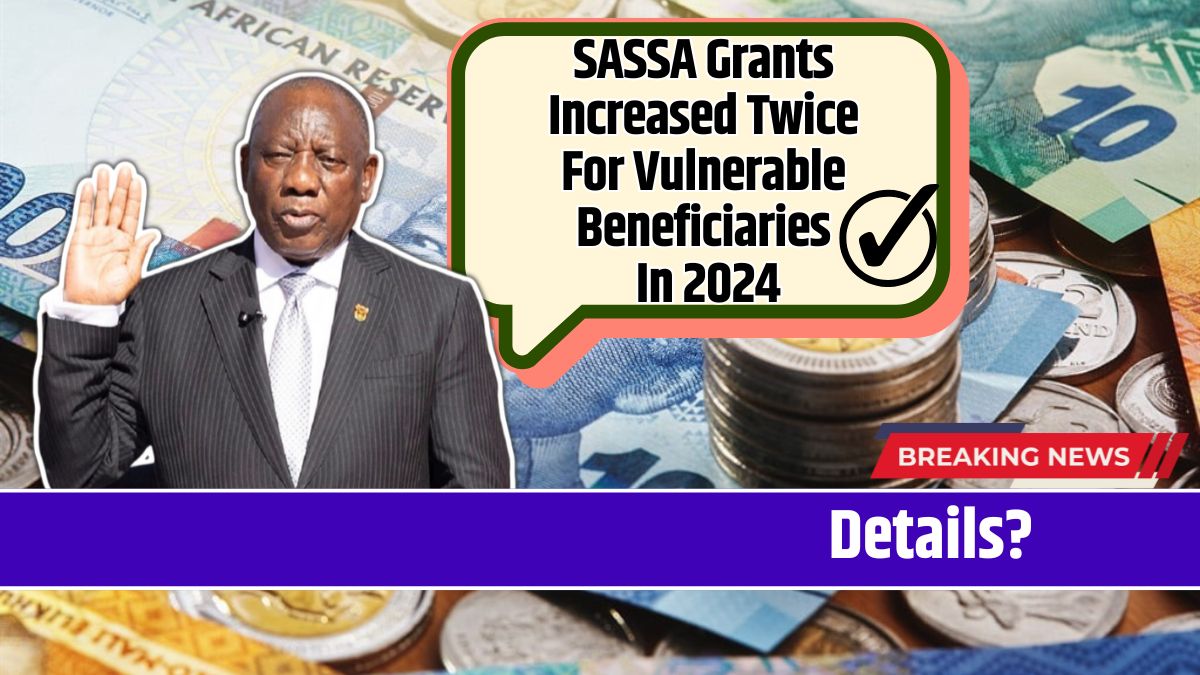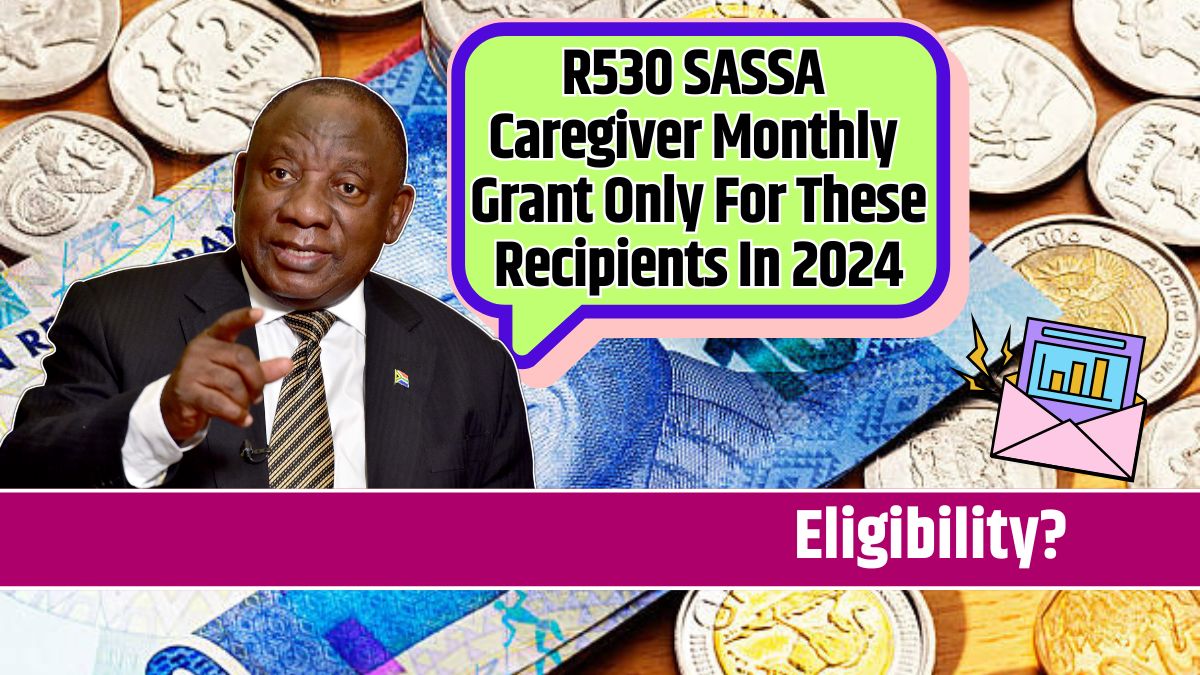In 2024, the South African Social Security Agency (SASSA) introduced two grant payment increases to provide financial relief to millions of vulnerable beneficiaries.
The latest adjustment, effective from October, reflects a modest rise in grant amounts across several categories.
Let’s break down the new payments, the rationale behind these changes, and the improvements SASSA has made to ensure smooth and secure disbursement.
Breakdown
October 2024 Grant Adjustments
SASSA increased payments for several grants, including old age pensions and disability support. The changes are as follows:
| Grant Type | Previous Amount | New Amount | Increase |
|---|---|---|---|
| Old Age Pension (<75) | R2,180 | R2,190 | R10 |
| Old Age Pension (≥75) | R2,200 | R2,210 | R10 |
| Disability Grant | R2,000 | R2,010 | R10 |
| Care Dependency Grant | R2,000 | R2,010 | R10 |
| War Veterans Grant | R2,200 | R2,210 | R10 |
The Child Support Grant remains unchanged at R510.
These increases follow an earlier adjustment in April 2024 and are part of SASSA’s efforts to support vulnerable populations while managing limited resources.
Why Only R10?
A R10 increase may feel negligible, especially given South Africa’s rising living costs. According to SASSA spokesperson Paseka Letsatsi, the adjustment reflects broader budgetary limitations imposed by the National Treasury.
- Budget Allocations: Social grants are funded through the Department of Social Development’s budget, which stands at R265 billion for 2024.
- Economic Constraints: Balancing national economic challenges and the need to support millions of beneficiaries has resulted in modest increases.
Although small, these adjustments symbolize the government’s intent to prioritize social assistance despite fiscal constraints.
Improved Payment Processes
Staggered Payment Schedule
SASSA has adopted a staggered payment system to reduce congestion at pay points. Payments are distributed over several days, typically between the 2nd and 4th of each month.
This approach ensures elderly and disabled beneficiaries can access their funds without competing with younger, more mobile recipients.
Rural Access Challenges
In rural areas, the closure of cash pay points has been a significant issue. Many beneficiaries must travel long distances, often spending up to R300 on transportation, to collect their grants.
SASSA is working to address these concerns by:
- Reevaluating Pay Point Closures: Reopening or maintaining services in underserved areas.
- Mobile Services: Exploring ways to bring payments closer to rural communities.
Encouragement to Use Bank Cards
SASSA continues to promote the use of bank cards for transactions instead of cash withdrawals. This shift offers several benefits:
- Enhanced Security: Reduces the risk of theft.
- Convenience: Allows beneficiaries to make smaller, frequent withdrawals as needed.
- Accessibility: Cards can be used at retail stores and ATMs nationwide.
SASSA’s ongoing efforts to provide financial relief reflect a delicate balance between supporting the vulnerable and managing national budget constraints.
While the R10 increases are small, they are part of a broader commitment to ensuring that grants remain accessible, secure, and timely.
Beneficiaries are encouraged to embrace the convenience of bank cards, while SASSA continues to prioritize service improvements, especially for those in rural areas.
Many hope for more substantial increases in the future, but for now, SASSA is focused on safe and efficient delivery.
















